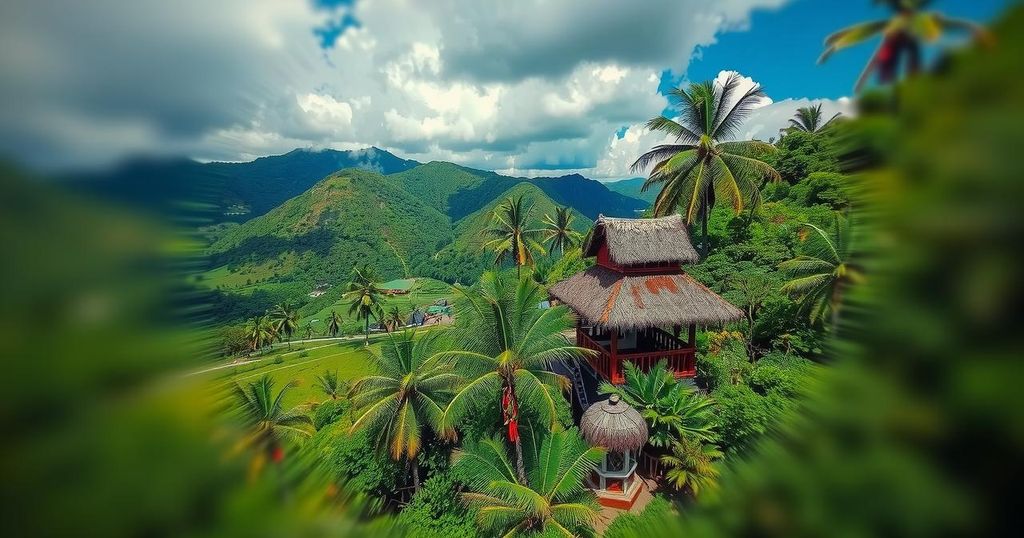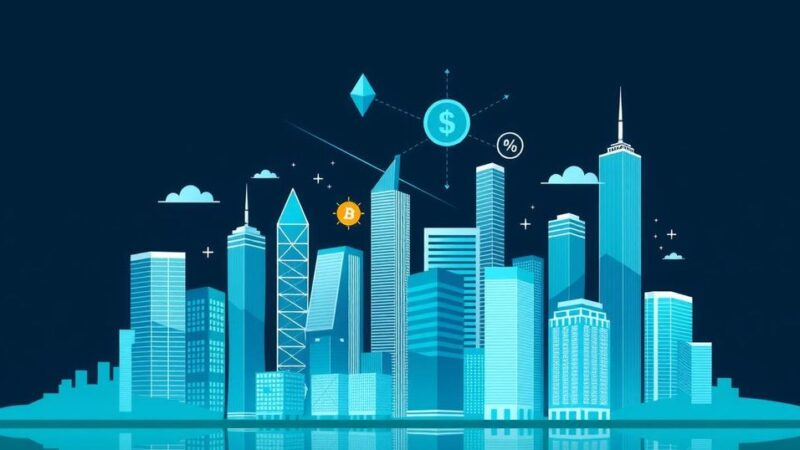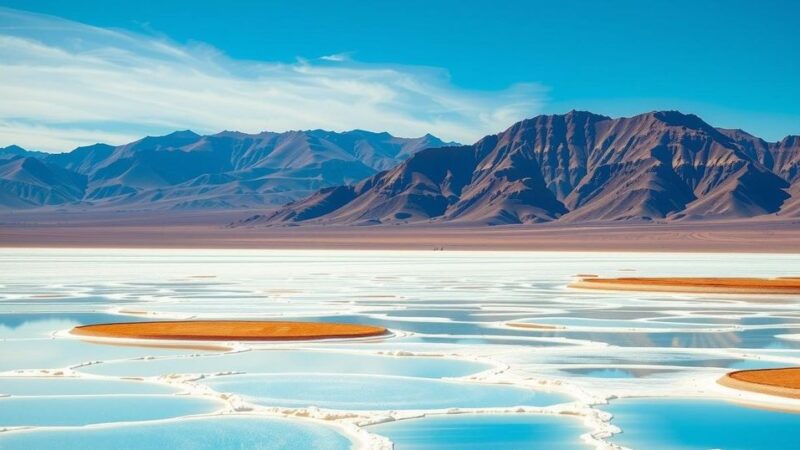Equatorial Guinea is the only Spanish-speaking country in Africa and has a rich oil economy, though it faces challenges such as wealth inequality and long-standing authoritarian leadership. As one of the smallest countries in mainland Africa, its unique cultural and historical context shapes its national identity and economic resilience.
Equatorial Guinea, formally recognized as the Republic of Equatorial Guinea, is a unique nation situated on the western coast of Central Africa. It holds the distinction of being the only African country where Spanish is an official language, a remnant of its colonial history with Spain from which it gained independence on October 12, 1968. The nation’s capital is Malabo, located on Bioko Island, while its inhabitants are referred to as Equatorial Guineans or Equatoguineans. Beyond its linguistic uniqueness, Equatorial Guinea is notable for its wealth derived from substantial oil reserves. Historically, it boasted one of the highest per capita GDPs in Africa, although a recent recession in 2023 has diminished its economic status, ceding the lead to the Seychelles. Notably, despite the nominal GDP of approximately $11.8 billion USD reported in 2022, wealth remains unevenly distributed, and many citizens live without prosperity. As one of the smallest and least populated countries in mainland Africa, Equatorial Guinea covers an area of approximately 10,831 square miles and has a population of around 1,669,000 as of 2024. It encompasses both a mainland region, named Río Muni, and several islands. Furthermore, the political landscape of Equatorial Guinea has been marred by authoritarian rule, with President Teodoro Obiang Nguema Mbasogo maintaining power since 1979, making him the longest-serving leader on the continent. His regime has been characterized by oppression and human rights violations, though some restrictions have been slightly relaxed. The economic framework of Equatorial Guinea is heavily reliant on oil, which accounts for over 90% of its exports. This dependence renders the economy vulnerable to global oil price fluctuations. Therefore, Equatorial Guinea presents a complex image, characterized by its rich cultural heritage, political challenges, and economic peculiarities, contributing to its significant yet often overlooked role in Africa.
The Republic of Equatorial Guinea is a Central African nation that has garnered attention due to its unique linguistic attributes, economic factors, and socio-political history. Situated on the west coast, it is distinctively the only country on the continent where Spanish is an official language, a legacy of its colonial linkage to Spain. Despite its small size and population, Equatorial Guinea is rich in oil reserves, which has historically shaped its economy and prompted discussions surrounding wealth distribution and governance. The political environment, dominated by the lengthy authoritarian rule, further complicates its international perception and domestic affairs.
In summary, Equatorial Guinea stands out as the only Spanish-speaking nation in Africa, leveraging its rich oil reserves for economic growth, albeit with significant challenges in wealth distribution and political governance. The country’s small size and population, alongside its unique colonial history, contribute to its multifaceted identity. It is essential to acknowledge both the opportunities and issues that define Equatorial Guinea, providing a deeper understanding of this often-misunderstood African nation.
Original Source: www.pulse.ng






